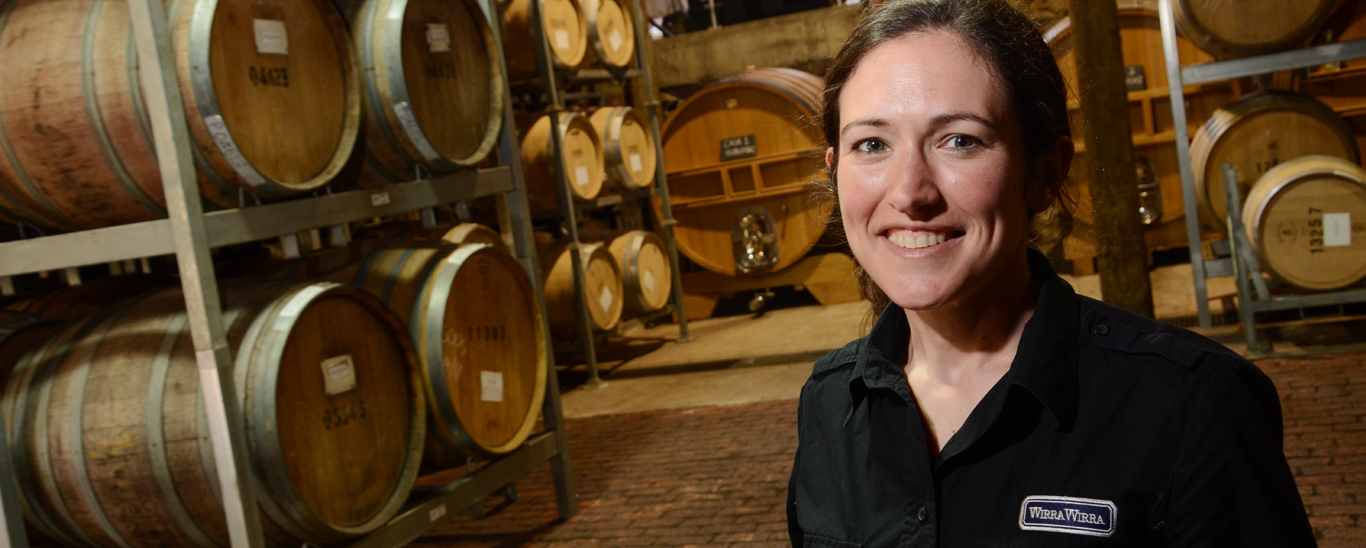
Investment in energy efficiency brings immediate returns for Wirra Wirra
Wirra Wirra Vineyards made a significant commitment to energy efficiency in 2014 and the returns were immediate. In the first year after upgrading its refrigeration plant and buying a solar system for its McLaren Vale winery, the company used 300,000 kWh less power from the grid, halved its ratio of electricity consumed to tonnes of grape crushed, and produced 330 tonnes less of CO2-e. It’s electricity bill was around $49,000 lower than in the previous year.
With support from a Clean Technology grant Wirra Wirra decided to invest in a “green” ammonia chiller system to replace its old Freon chiller, replace damaged or missing insulation on its brine lines and install a 100 kW solar system.
“We wanted to reduce our reliance on the regional power grid through solar and reduce the high risk of a major tank cooling breakdown during vintage, leaving us unable to produce wine, through the new refrigeration plant,” said Environmental Coordinator Emmanuelle Walton. “We also were willing to invest to improve our energy efficiency and reduce both direct and indirect carbon emissions.”
The timing was right, with funding available, but Emmanuelle said the company was committed to the changes anyway, particularly with rising electricity prices making solar a good return on investment. “The upgrades realised during the project involved quite significant work and up-front costs at implementation; however, once installed they can all continue to generate very good benefits over a long period of time, with fairly low maintenance in terms of costs and time,” she said.
Wirra Wirra decided to invest extra money to get the greatest efficiency possible from its new refrigeration plant. It is so efficient, in fact, that there are not necessarily any advantages in running it a night and its high-tech monitoring system allows the operators to access most of the plant data.
It also doesn’t generate any fugitive emissions and this, coupled with the winery now using much less electricity from the grid, led to a 60% reduction in carbon emissions over the whole winery in the first year and estimated total carbon savings over the life of the conservation measure of 5.3 KT CO2-e.




